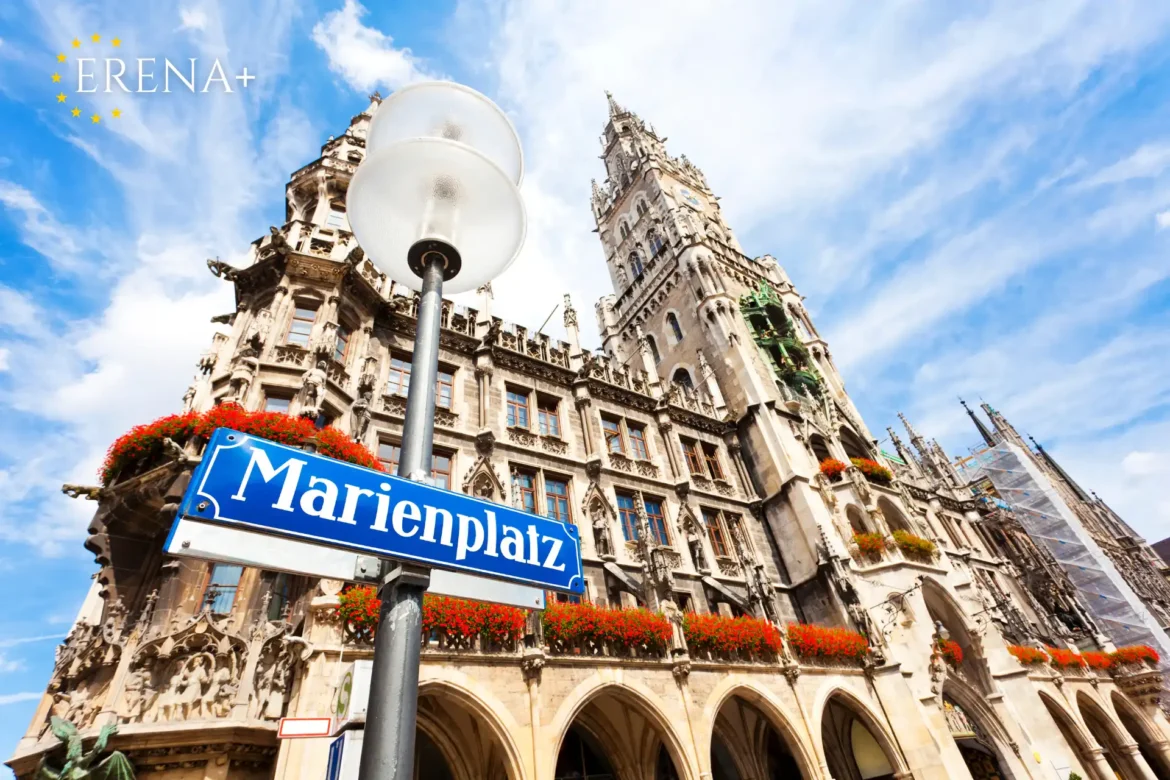Munich, often hailed as Germany’s economic powerhouse, is a city that blends culture, education, and cutting-edge innovation. Known for being home to global tech giants such as Microsoft, Google, and IBM, Munich has firmly established itself as a leading tech hub in Europe. This growth in the tech sector is reshaping the city’s real estate market, driving demand, increasing property values, and influencing new developments.
Tech Hubs and Their Impact on Property Prices in Munich
Munich’s thriving tech hubs, including Parkstadt Schwabing, Werkviertel, and the western districts such as Sendling and Laim, are key areas attracting talent from around the world. These locations are characterized by modern office spaces, coworking environments, and close proximity to institutions like the prestigious Technical University of Munich (TUM). For example, Parkstadt Schwabing, home to major firms like Microsoft, has seen a surge in demand for both commercial and residential properties.
Property Prices Near Tech Hubs:
- Residential: In tech-centric neighborhoods like Schwabing, Maxvorstadt, and Neuhausen, new-build apartments average between €10,000 and €14,000 per square meter. Older properties in these areas also command high prices, with averages ranging from €8,000 to €11,000 per square meter.
- Outer Districts: Even in districts further from the city center, such as Moosach and Feldmoching, property prices have risen to €6,000 to €8,000 per square meter, fueled by better connectivity and the influence of tech growth.
Munich’s Booming Rental Market
The demand for residential properties close to Munich’s tech hubs has also led to significant increases in rental prices:
- Central Areas: In sought-after neighborhoods like Schwabing and Maxvorstadt, monthly rents range from €22 to €26 per square meter. A two-bedroom apartment in these areas can cost upwards of €2,500 per month.
- Peripheral Districts: Rental prices in more affordable areas, such as Moosach, are slightly lower, averaging €15 to €18 per square meter.
Commercial Real Estate Growth in Munich
The rise of tech firms in Munich has had a transformative impact on the commercial real estate market. Modern office spaces with top-tier amenities are in high demand across the city. In prime areas like Arnulfpark and Parkstadt Schwabing, office rents vary from €25 to €40 per square meter per month, depending on the building’s quality and location. These prices are some of the highest in Germany, reflecting Munich’s importance as a business and tech center.
Urban Development and Infrastructure Expansion
To accommodate the growing demand, Munich has launched numerous urban development projects, especially in areas like Werksviertel-Mitte, where residential, commercial, and recreational spaces are being integrated. The city’s focus on sustainable development and expanding public transportation has enhanced its overall appeal. The recent extension of the U-Bahn network to neighborhoods such as Freiham has led to the development of new residential projects, with prices ranging from €5,500 to €7,500 per square meter.
Challenges and Future Outlook for Munich’s Real Estate Market
While the tech-driven real estate boom offers significant economic benefits, it also presents challenges, particularly around housing affordability. Rising property prices and the cost of living have become major concerns for many residents. To address these issues, the city has introduced measures such as rent increase caps and initiatives for affordable housing development.
Looking ahead, Munich’s role as a global tech hub will continue to influence its real estate market. Balancing growth with sustainability and affordability will be essential in maintaining the city’s attractiveness for both residents and investors.
Conclusion
The influence of tech hubs on Munich’s real estate market is undeniable. From soaring property values near tech clusters to rapid urban development, the tech sector has left a significant imprint on the city’s landscape. For investors, developers, and residents, staying informed about these market dynamics is key to navigating the evolving opportunities and challenges of Munich’s real estate market.

